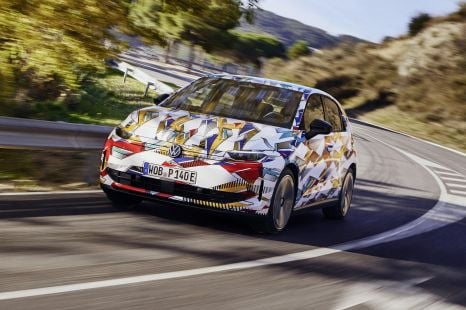

William Stopford
Volkswagen ID. Polo: Electric city car detailed, but petrol power not dead yet
6 Days Ago
Volkswagen's next-generation electric-only Golf has reportedly been pushed back to 2029 due to development delays.

Marketplace Journalist
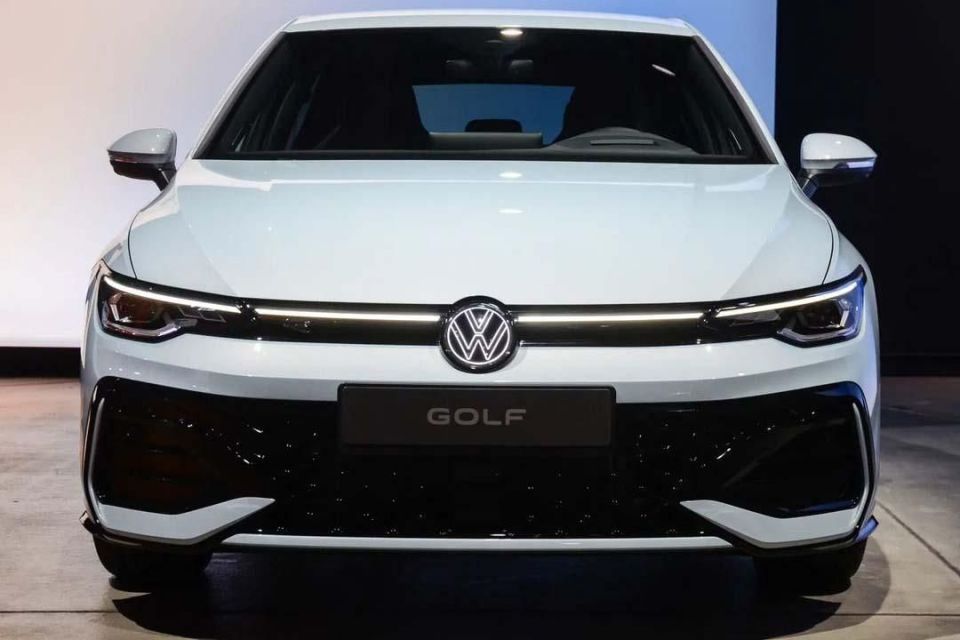

Marketplace Journalist
Delays with Volkswagen’s upcoming Scalable Systems Platform (SSP) and its electrical architecture will mean the next-generation Golf will reportedly launch later than expected.
According to German publication Manager Magazin, the market launch of the upcoming all-electric ID. Golf – as it may be called – has been postponed by 15 months to 2029.
A large electric SUV on the SSP platform called the T-Sport has reportedly been delayed even further, to 2031 – three years later than originally planned.
While the delay reportedly applies mostly to Volkswagen models, it may also affect some Audi vehicles.
That could mean all mass-production models built on the SSP architecture won’t hit the market until at least 2029.
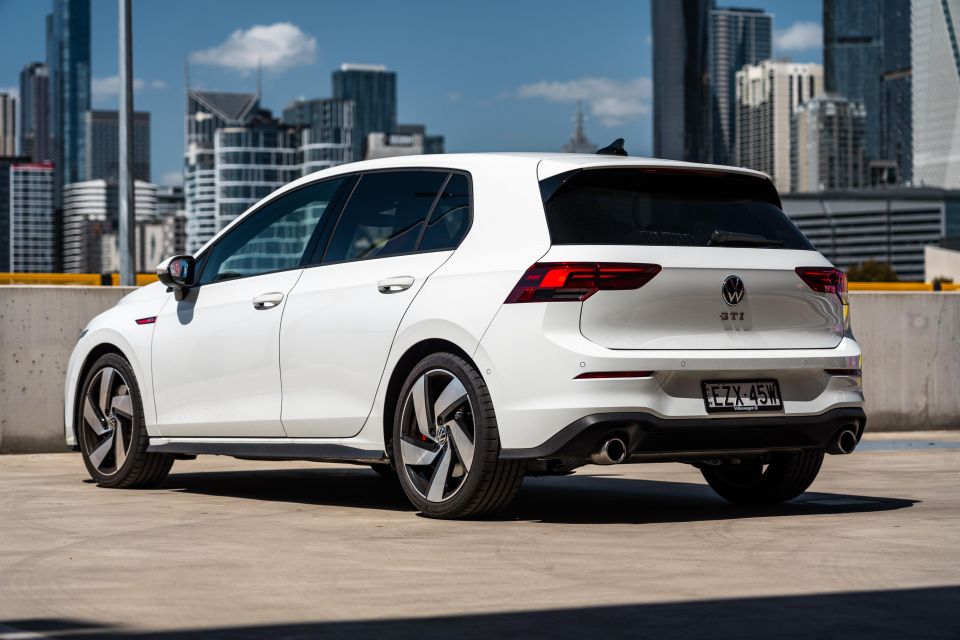
Manager Magazin reports the decision to postpone the launch of the SSP was made on July 2 – just one month after Volkswagen Passenger Cars CEO Thomas Schäfer confirmed it would launch in 2028.
It’s not yet clear if the entire architecture will be delayed or just variants of it for individual segments.
It’s been reported previously the SSP will become the standardised EV platform for numerous Volkswagen Group models in a range of sizes and applications.
Volkswagen hasn’t confirmed the postponement, let alone the reason for it, however software issues have reportedly been blamed.
It’s not the first time the Group has struggled with such issues either, with its in-house software division Cariad already having been blamed for delays with recent product launches like the Audi Q6 e-tron. Last year, it was reported 2000 job cuts were planned at the troubled division.
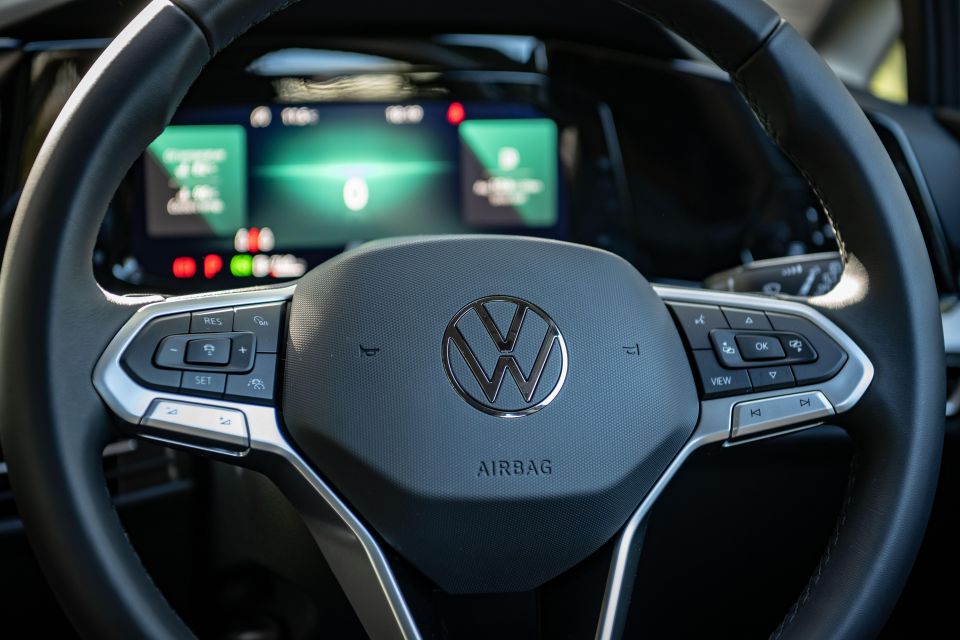
SSP vehicles are set to utilise the E 2.0 architecture developed by Cariad, but Manager Magazin reports its arrival is behind schedule.
This would reportedly mean models would have to be launched on the market at very tight intervals and Volkswagen believes such a timeframe would not work, as multiple models could be hit with various launch delays.
The E 2.0 software was initially intended to be developed in-house by Cariad, though Volkswagen recently announced an agreement with US startup Rivian which may have altered its plans.
As part of the agreement, the two companies will jointly develop a next-generation electrical/electronic architecture for EVs.
It was reported at the time that the SSP would use an “Adapted E/E Architecture” from the end of the decade, before switching to the Volkswagen-Rivian architecture in the early 2030s. It’s not yet known what the Adapted E/E Architecture will entail.
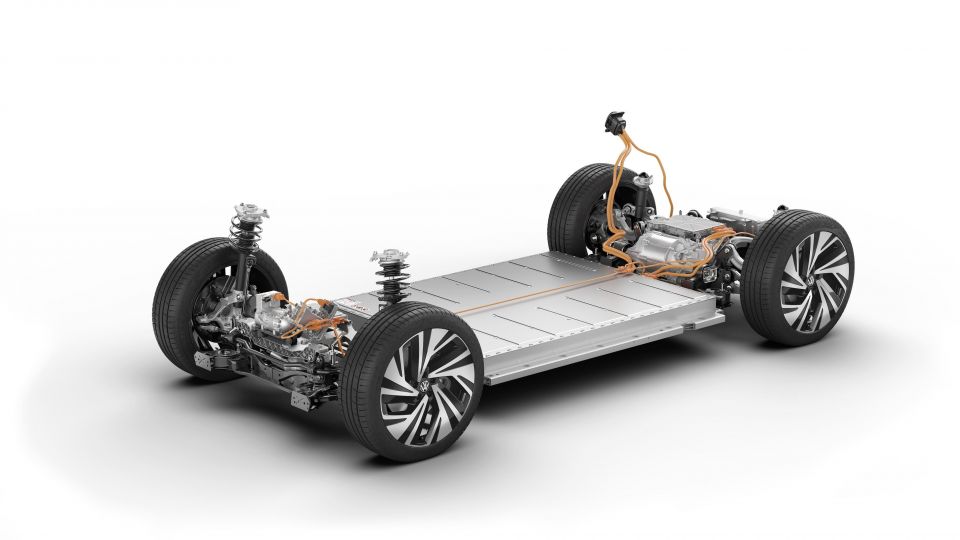
To keep its current EVs up-to-date until the launch of the SSP architecture, Volkswagen is reportedly developing its current MEB platform into the MEB+ platform. The first cars to utilise the updated MEB+ architecture are set to launch in 2026.
Current models built on the MEB platform include Volkswagen’s ID. range (3, 4, 5, 6, 7, Buzz), Skoda Enyaq, Audi Q4 e-tron and Cupra Born. It’s also used by Ford for the Capri and Explorer.
Manager Magazin reports there have been calls for the lifespan of the incoming MEB+ platform to be extended, which would justify the necessary investment to get it up and running.
The upcoming electric Golf won’t be the first version of the classic nameplate to feature battery power.
Volkswagen previously offered the e-Golf, based on the petrol Mk7 model. It went out of production in 2020.
The current Golf entered production in 2019, with a facelifted model revealed this year. If the Mk9 doesn’t arrive until 2029, this will be among the longest lifecycles of any Golf generation.
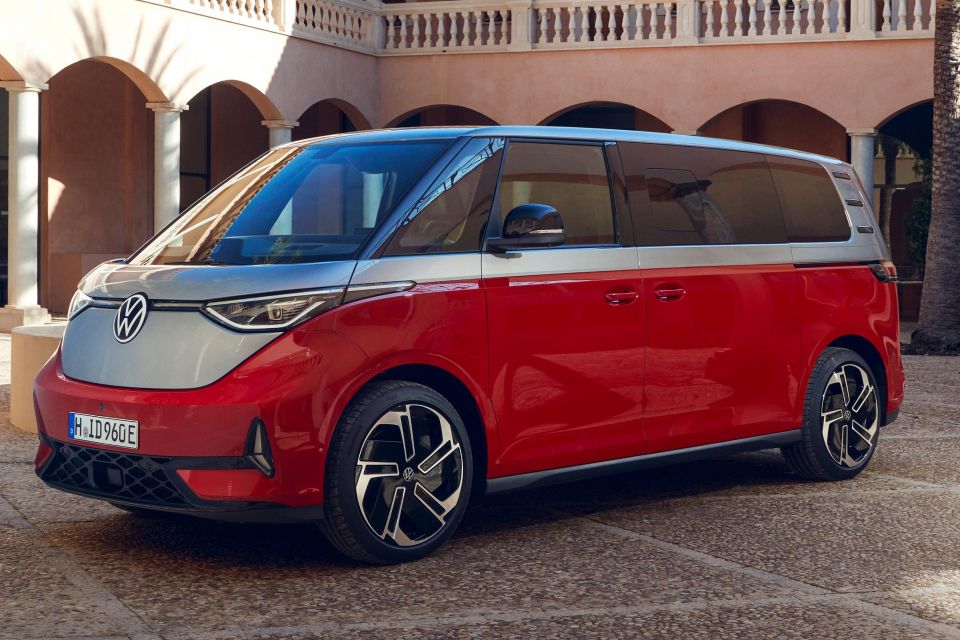
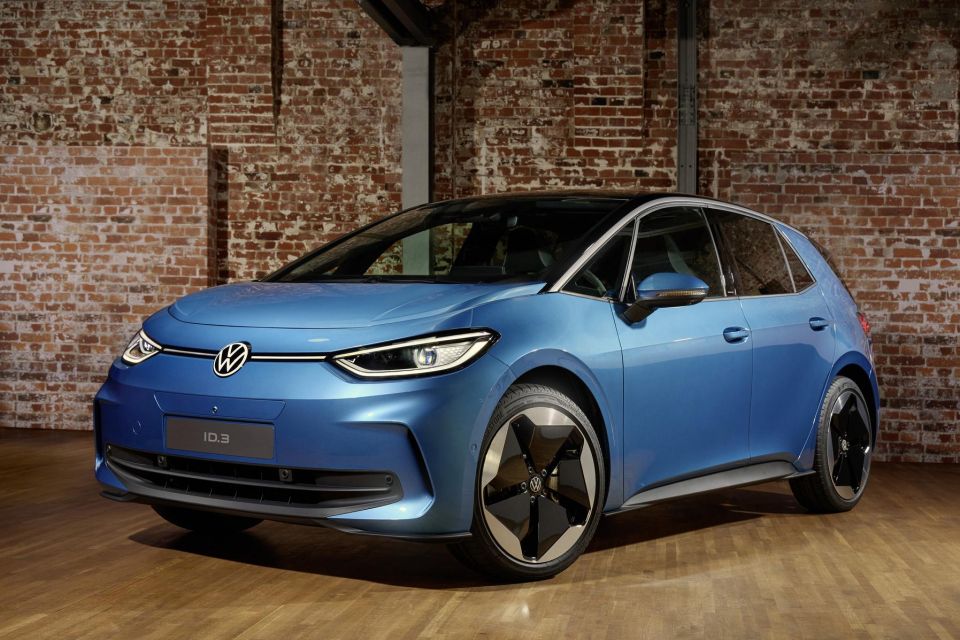
MORE: Everything Volkswagen MORE: Volkswagen is cleaning house at its troubled software division
Where expert car reviews meet expert car buying – CarExpert gives you trusted advice, personalised service and real savings on your next new car.
Max Davies is a CarExpert journalist with a background in regional media, with a passion for Japanese brands and motorsport.


William Stopford
6 Days Ago
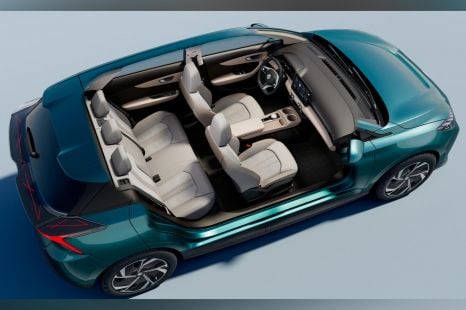

William Stopford
7 Days Ago
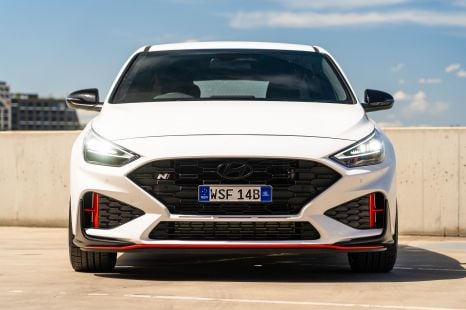

William Stopford
13 Days Ago
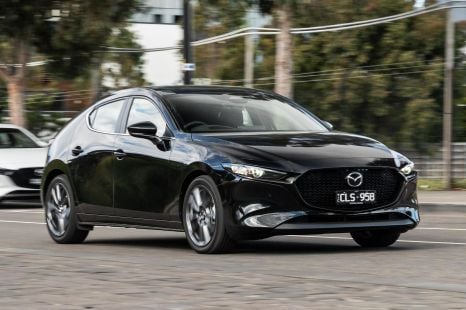

Josh Nevett
22 Days Ago
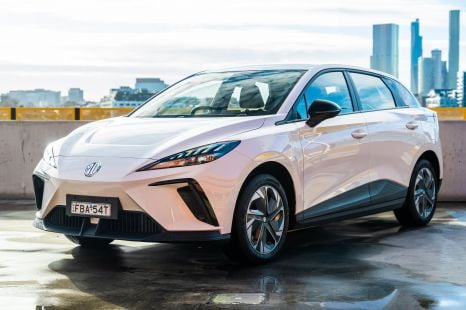

William Stopford
1 Month Ago
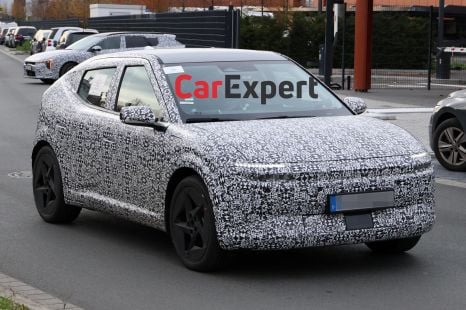

William Stopford
2 Months Ago